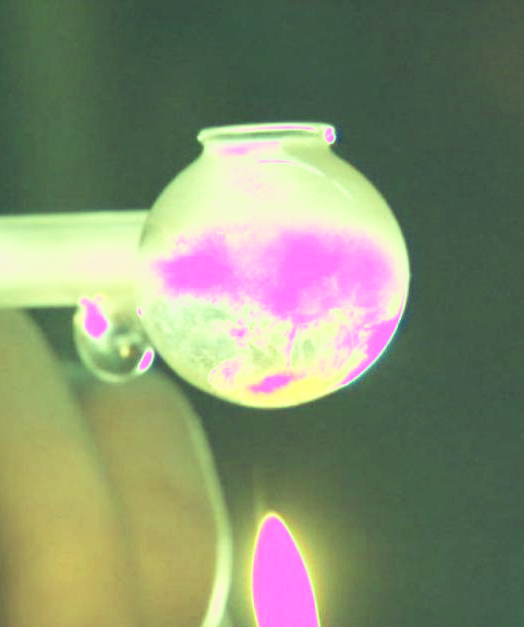Greens' drug push urges new view
 The Greens are pushing for Australian authorities to take on a Portuguese program that approaches drug addiction as a health issue, not a criminal one.
The Greens are pushing for Australian authorities to take on a Portuguese program that approaches drug addiction as a health issue, not a criminal one.
Greens Leader Richard Di Natale is calling for bipartisan support to overhaul Australia's drug policy, after taking a self-funded, fact-finding mission to meet policy-makers and experts in Portugal.
Since 2001, drug users in Portugal have not been put through the criminal justice system, with the funds saved from enforcement used to increase access to drug addiction treatment, rehabilitation and prevention.
“Individuals [in Australia] who get into trouble with their drug use wouldn't be subject to criminal penalties,” Dr Di Natale said in a press conference on the weekend.
“Instead they would front a health panel which gets them into treatment and helps them with other things like housing and employment support.”
Dr Di Natale said Portugal had not seen an increase in drug use since the reforms, but rather “what we've seen is a huge decline in all the things associated with harmful drug use,” he said.
“We've also seen more people in treatment, fewer drug overdoses, fewer cases of HIV and a decrease in crime.”
Portuguese authorities have not legalised drugs, and still target drug dealers through the legal system.
The Greens says he plan to bring the idea to the Australian Parliamentary Group on Drug Law Reform, a cross party group of about 100 state and commonwealth MPs of which he is co-convenor.
Liberal MP Sharman Stone, a fellow co-convenor, has told Fairfax Media reporters that Australia's current drug policy does not work.
“We need to look very carefully at what other countries are doing, where they have focused on taking what we'd call illicit substances, where they look at them as a health problem,” Ms Stone said.
“We'd put the criminals out of business in relation to those drugs.”
Ms Stone said Australia did not have the proper capacity to rehabilitate drug addicts.
“How many more babies have to be born brain-damaged, how many more women have to be killed by their intimate partners, we have two a week being killed right now, we had that horrific case of that mother in Brisbane where a number of those children were killed,” she said.
“Just how long do we wait? When is the magic number?”
Ms Stone said she could not speak for the broader LNP.
“I'm sure there would be a whole range of views, but I know we are united… with a deep concern about the impact of both alcohol and drugs,” Ms Stone said.
Labor's co-convenor of the parliamentary group, member for Fremantle Melissa Parke, has supported a bipartisan approach to treating drug use as a health issue.
“The Prime Minister is right in saying that the war on drugs is unwinnable so we need to bring together the best minds in the country to explore alternative models,” she said in a press release.
Victoria Alcohol and Drug Association chief executive Sam Biondo told reporters that Australia should continue to be progressive in its stance on drugs.
“There has been developments internationally that we can also learn from and consider,” he said.
“There is a growing awareness of the failure of the war on drugs.
“[But] we continue to pursue inappropriate policies that aren't cost effective and are creating a greater impost on the overall community and a negative impact for individuals and their families.”








 Print
Print